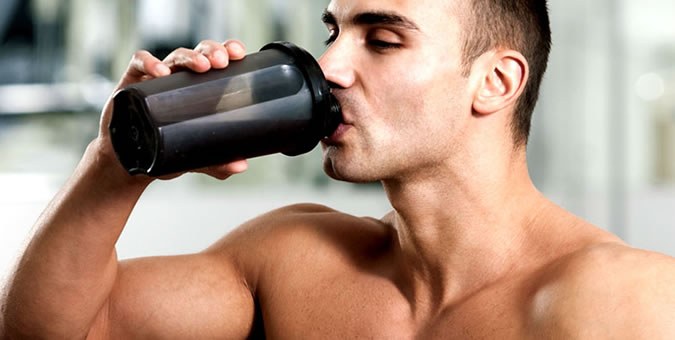
It is understood that muscles are more sensitive to glucose uptake and glycogen synthesis post workout. This has spurned the widespread obsession of taking in massive amounts of simple sugars surrounding workout periods in order to replenish “lost” glycogen stores. The question to ask is, does it really make a difference in the long run? For the natural trainee? Likely not.
Bodybuilders are not strength athletes, power athletes, or endurance athletes. They are somewhere in between (at least at the elite level). So, following the nutrition protocols from any of those sports won’t have as large of a translational effect.
A bodybuilder’s nutrition should be somewhere in between.
Endurance athletes may spend 2+ hours per day doing intense cardiovascular activity. This has a pretty extreme effect on the body’s glycogen stores. As such, they would require adequate replenishment (timed accordingly) as their performance would eventually suffer due to lack of available energy stores. Having a typical balanced diet does not provide enough energy to facilitate effective glycogen replenishment in the time period before the next training session. If a person continues to train high intensity with lack of energy, not only will their performance suffer, but their metabolic rate will also slow to compensate.
The truth is, most people who weight train to put on lean mass and have a nice physique don’t do much physical activity other than their typical gym time 3-5 times per week. The rest of the time is spent being a desk jockey or having other minimal physical activity. The typical weight training session is not something that consumes large amounts of glycogen stores. Besides, if somebody eats 5 times per day, then you are going to have at least that many meals before your next training session. It is unlikely that your body will not have taken that opportunity to replace what little glycogen had been lost.
That being said, it does not mean that peri-workout nutrition is unimportant, it’s just that consuming massive amounts of carbohydrates to restore glycogen losses is, in my opinion, not terribly necessary. Consuming complete protein sources and branched chain amino acids surrounding workouts is really all that is needed to induce your skeletal muscle protein synthesis. The minimal boost one might get with the addition of carbohydrate probably isn’t worth the caloric increase (unless of course, you need the calories). An elite athlete may need every single benefit they can muster in order to get an edge on the competition, but an average joe will not see a measurable difference in -long term- muscle gain compared to the person who eats balanced meals. It is certainly possible that somebody might gain more muscle mass initially, but when you take into account the nature of muscle gain (the longer you train the less muscle you gain), the end result will not likely result in a measurable difference.
Keeping performance peaked during a caloric deficit
There are certain times when this phenomena may be taken advantage of, particularly in the aspect of a person dieting down to lose body fat. These days, the most common macronutrient that is manipulated in order to lose stored body fat is the carbohydrate. That being said, the longer somebody has been dieting the less carbohydrates they will be consuming. When carbohydrates are at a premium, there is a chance that performance will suffer. Not only because of glycogen use during workouts, but because there just aren’t enough carbohydrates to go around to provide energy for both the basal metabolic functions AND to provide for intense workout sessions. Consuming your carbohydrates peri-workout while at a caloric deficit may be a good way to keep performance as high as possible given the nutritional status.










